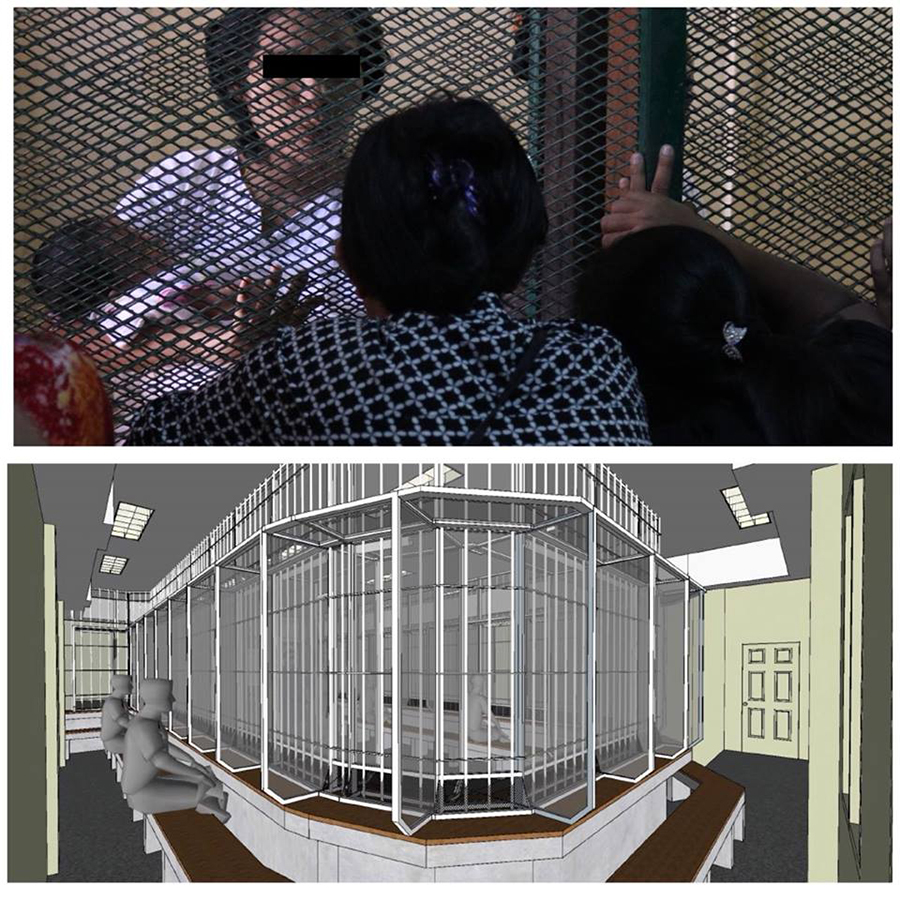YANGON — The visitors area at Yangon’s notorious Insein Prison will get a nearly $300,000 facelift aimed at reducing recidivism courtesy of the International Committee of the Red Cross (ICRC), the charity announced Monday.
“The upgraded facilities will allow detainees and their family members to maintain better relationships and reduce the strain of separation,” the ICRC said in a statement.
The ICRC said the upgrades would include improved lighting, ventilation and privacy, new bathrooms, a coffee shop and a playground for children.
“The funding and design are fully supported by the ICRC,” said U Myo Oo, a deputy director of the Insein Central Prison Department.
The partners expect the work to be finished early next year, at an estimated cost of 400 million kyats ($295,000).
The prison, the largest in the country, currently houses some 12,000 inmates.
“The space will be twice as big as it is now, so families will have privacy. We will install glass walls between the prisoners and visitors. They can communicate through a phone line,” U Myo Oo said.
The current facilities offer little privacy and separate inmates from visitors with mesh wiring.
The deputy director said he could not yet describe the upgrades in detail but insisted that the new facilities would comply with international standards. He said the prison would also inform inmates’ families of rule changes during the construction period and post them outside.

According to renderings of the upgrades provided by the ICRC, the new facilities will provide seating for both inmates and visitors, separate them with a combination of glass and metal bars, and include a separate waiting area for visitors.
Insein Prison data indicates that it receives about 600 visitors a day on weekdays and 2,000 on weekends, and that inmates average two visitors per visit.
The prison, which dates back to the 19th century, acquired a reputation for torturing political prisoners during the decades of military dictatorship that finally started to fade in 2011. Last year, the Home Affairs Ministry reported that the corrections department had relaxed its rules on family visits and started improving its education programs.
Also last year, however, the National Human Rights Commission reported that overcrowding was a problem at Insein Prison and recommended new dormitories.
“We still don’t have a plan for upgrades inside the prison cells,” U Myo Oo said.
In 2011 the ICRC helped install a water purification system in the prison to improve inmates’ health and CCTV cameras to improve security.
After a five-year gap, the ICRC resumed visits to the prison in 2013. It helps inmates stay in touch with their families, organizes prison visits, and makes recommendations to authorities on ways to improve inmates’ welfare.

















